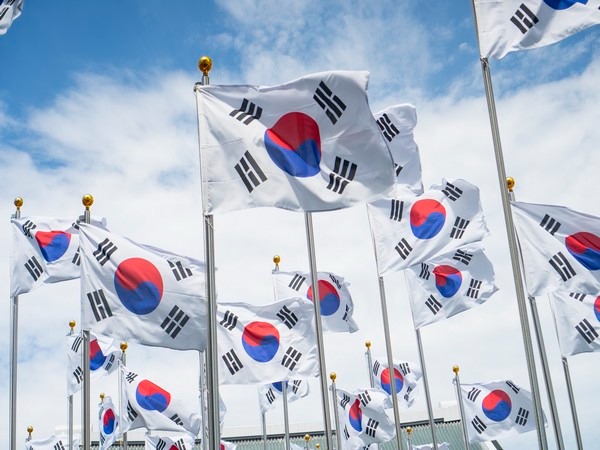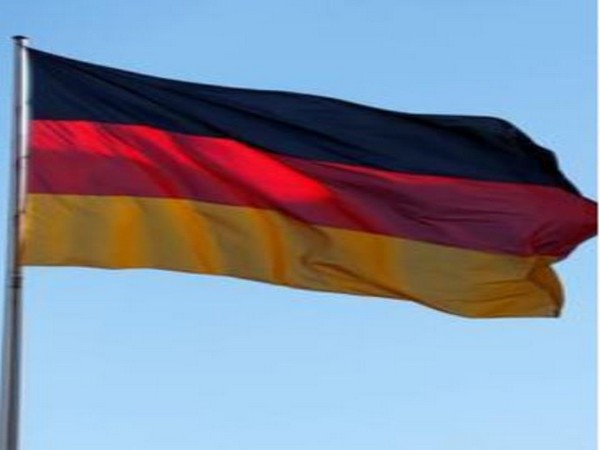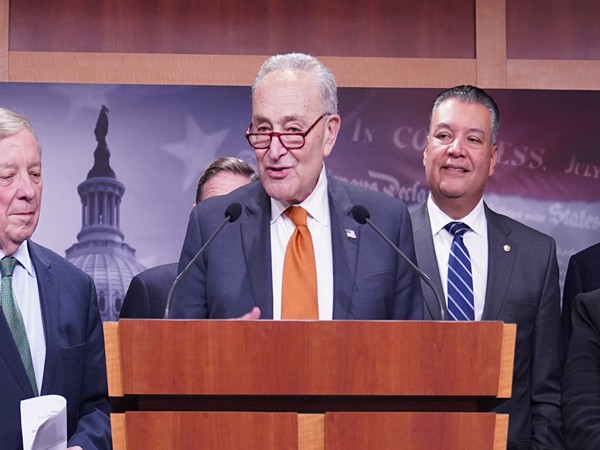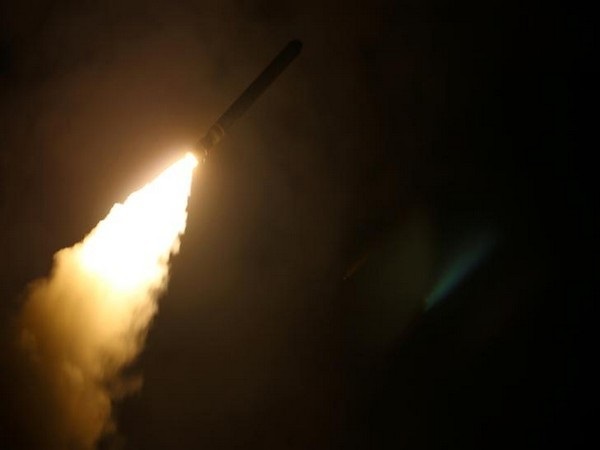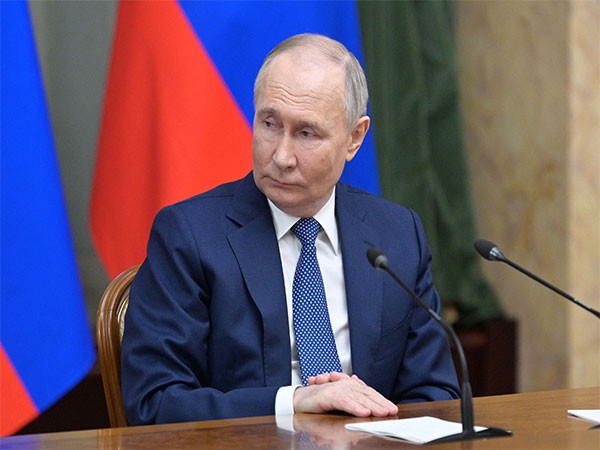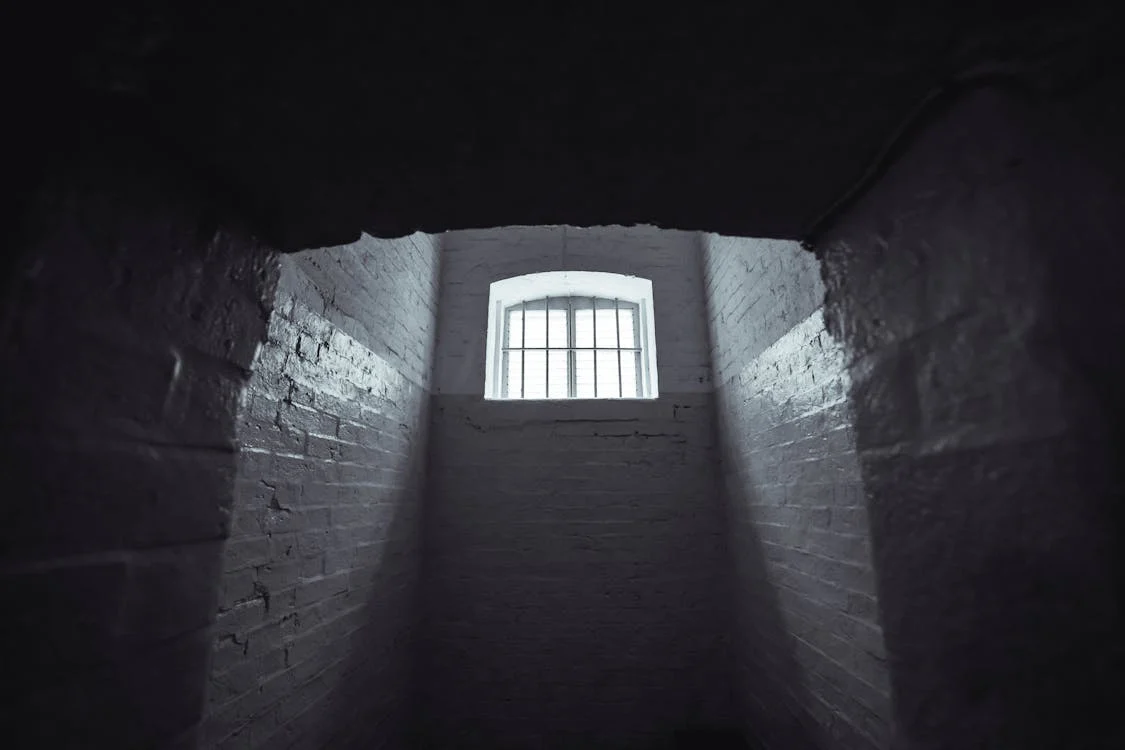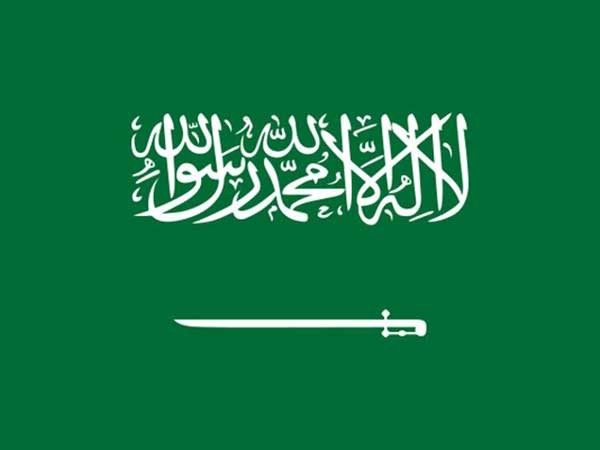
Saudi embassy resumes work in Iran after 7 years
Aug 10, 2023
Riyadh [Saudi Arabia], August 10:Saudi Arabia's embassy in Tehran has resumed operations, state media in Iran reported Wednesday, following a thaw in ties seven years after the mission was closed. Iran and Saudi Arabia agreed to resume diplomatic relations and reopen their respective embassies following a China-brokered deal announced in March. The long-time regional rivals severed ties in 2016 after Saudi diplomatic missions in Iran were attacked during protests over Riyadh's execution of Shiite cleric Nimr Al-Nimr.
"The embassy of Saudi Arabia in the Islamic Republic of Iran has officially commenced its activities" and has been operating since Sunday, the official news agency IRNA said, quoting an "informed source" at Iran's foreign ministry. There has been no official confirmation from Riyadh on the move. In June, Iran marked the reopening of its embassy in Riyadh with a flag-raising ceremony. Iranian media had previously attributed the delay in reopening the Saudi embassy to the poor condition of the building which was damaged during the 2016 protests.
The reports said Saudi diplomats would work from a luxury hotel in the Iranian capital pending the completion of the works. Since the March deal, Saudi Arabia has restored ties with Iranian ally Syria and ramped up a push for peace in Yemen, where it has for years led a military coalition against the Iran-backed Houthi forces. Iran and Saudi Arabia have backed opposing sides in conflict zones across the Middle East for years. Iran has in recent months been at odds with Saudi Arabia and Kuwait over the ownership of a disputed gas field. Saudi Arabia and Kuwait claim "sole ownership" to the field, with Iran warning it would "pursue its right" to the offshore zone if negotiations fail.
Meanwhile, a spate of high-profile visits by US officials to Saudi Arabia underscores how ties have warmed amid talks over a potential deal that would see the Gulf kingdom recognize the Zionist entity, analysts say. Less than a year after US President Joe Biden warned of unspecified "consequences" for Riyadh during a dispute over oil supply, he is dispatching top aides to meet Saudi royals at a rapid clip. Over the weekend, his national security adviser, Jake Sullivan, landed in Jeddah for a summit on Ukraine - his third visit to Saudi Arabia in just a few months.
While bilateral sessions - including during a three-day tour by US Secretary of State Antony Blinken in June - have touched on topics from terrorism to Yemen, the prospect of normalizing Saudi-Zionist ties has been a mainstay agenda item, fueling rosier exchanges even if it is still seen as a long shot. "US-Saudi ties have warmed unquestionably in recent months," said Ali Shihabi, a Saudi analyst close to the government. "Dialogue has just gotten much more extensive and friendly and this subject is driving that." The hurdles to an actual deal remain high: Riyadh is reportedly bargaining hard for benefits like security guarantees and assistance with a civilian nuclear program with uranium enrichment capacity.
And Saudi officials have long vowed not to normalize relations with the Zionist entity before the conflict with the Palestinians has been resolved. All the same, coordination between Washington and Riyadh is today "better now than at any point in the last two years", said HeshamAlghannam of the Naif Arab University for Security Sciences in Riyadh. "It's much warmer and closer. It's not perfect, but it's the best moment since President Biden came into office." The issues bedeviling the decades-old relationship are well-known, from flare-ups over human rights to Saudi concerns about Washington's reliability as a security partner.
Those concerns took on new importance after attacks on Saudi oil facilities in 2019, claimed by Yemen's Houthi rebels but widely attributed to Iran, temporarily halved crude output. Saudi officials were deeply disappointed by the tepid response of then-US president Donald Trump's administration, which they believed undermined their traditional oil-for-security trade-off. Growing cooperation with Moscow and Beijing highlights how, as Alghannam put it, Riyadh is no longer content to place "all the eggs in the American basket". The Saudis also leaned on China to broker a landmark rapprochement with Iran announced in March, something the Biden administration was in no position to do.
Yet it is important not to exaggerate any slip in Washington's status, Alghannam added. "No major power has a significant military presence in the region other than the US, and this will be the case for many years to come," he said, a point driven home by the recent deployment of 3,000 US military personnel to the Red Sea, part of a beefed-up response after tanker seizures by Iran. During last October's dust-up over oil production, both sides were rankled by the stern exchanges that ensued, said John Hannah, a former US senior foreign policy official who has been visiting the kingdom for three decades.
"It extended to the point of very senior (Saudi officials) saying, 'OK, you may be re-evaluating the relationship and may have questions about the future of this partnership, but let us tell you we do as well,'" Hannah recalled. Even then, though, a genuine rupture was never seriously considered, as the Saudis were simultaneously pitching normalization terms that would lock in long-term cooperation with Washington. The recent flurry of visits and "serious discussions aimed at taking security ties to new levels" indicate "a much improved atmosphere between top decision makers", said Hannah, now with the Jewish Institute for National Security of America.
The new US-Saudi closeness has not gone unnoticed elsewhere, including among Palestinian officials who hope Riyadh will insist on an independent Palestinian state. "I hope that the Saudis will stick to that position and not yield to any kind of pressure, intimidation, coming from the Biden administration or any other power outside of that," Palestinian foreign minister Riyad Al-Maliki said last week. Alghannam said Riyadh needs to know whether the Zionists are "actively working towards making tangible progress on resolving the conflict". He added: "The onus now lies not on Saudi Arabia, but on (the Zionist entity), to demonstrate its readiness for peace with the kingdom." - AFP
Source: Kuwait Times
